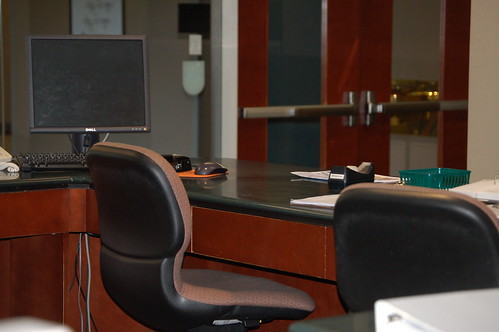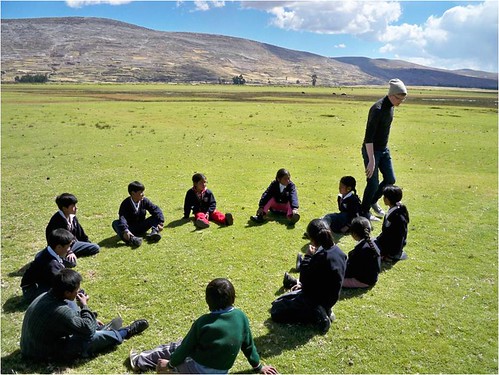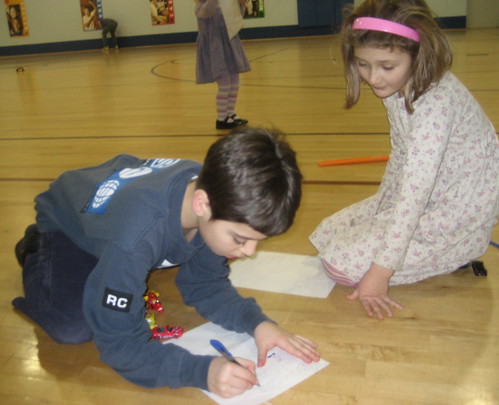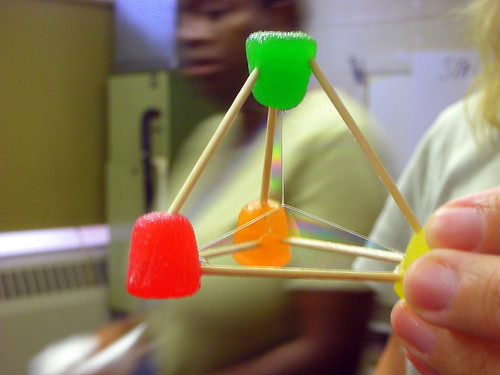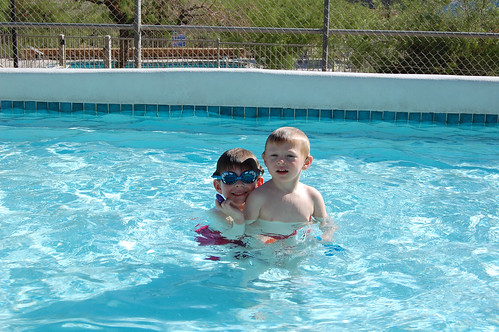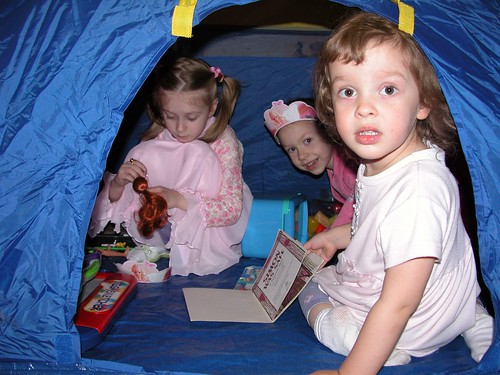When you begin to homeschool, you are keen to go to curriculum fairs and search out the perfect homeschool curriculum for your family. When you have been homeschooling for a few years, you may discover that your first choices did not work out that well, and you are on the hunt again. Five or so years later, you may be bored and keen to re-think the homeschool curriculum and cater for your highschool students. Ten years later, you throw out so much of what you have bought and never used and keenly look to simplify your homeschool curriculum.
 Photo: localwin.com
Photo: localwin.comI am not sure if you subscribe to numerous homeschooling e-newsletters or ezines (perhaps you subscribe to mine!). I subscribe to a few to find out what homeschool curriculum is around and the see what other homeschoolers may be using. At times, I like to read reviews. However, as my email box is continually bombarded with new homeschool products and resources, I wonder if all the new products have helped our desire or vision for homeschooling. Are we more focussed on the task of homeschooling now with the
plethora of curriculum that is put before us or did those early veteran homeschoolers with limited resources capture the essence of homeschooling in a better way? Have we lost the vision?
Am I against homeschool curriculum? Absolutely not! I am very thankful to numerous publishers who have put time and thought into a product and are selling it to the homeschool market. Thankyou! It has made my task so much easier! However, I am concerned that some publishers are just viewing homeschooling as another market and we are steered into thinking that each child needs to have a textbook for each subject each year! Four children, eight subjects each year means literally 128 textbooks for every year of homeschooling. Most of these will be pricey and consumable.
"What are you doing for Language Arts?"
"DS has a Year 3 book for Spelling, Year 4 for grammar, Year 3 book for Literature Studies, Year 3 text for writing and Year 4 Book for Reading Comprehension. Yes, I am so glad that we can cater for his individual abilities!"
Is this the only way? Are you ready to simplify your homeschool curriculum and not fall into the marketing traps? How can that be done?
If you have spent any time on my website, you would know that I always refer to your educational and family goals. That is the first thing that you need to do now if you want to simplify your homeschool curriculum.
Decide on the big picture goals
Why are you homeschooling? For what purpose and to what end are you preparing and educating your children?
Let these answers drive the curriculum you choose to implement in your homeschool.
Decide why you want to teach a certain subject
Here you should pose questions to yourself which will help you formulate why you want to teach a certain subject.
This step can be quite simple. The most obvious answer as to why we want to teach reading, is, so that our children will read widely and understand what they read. True? How do we do that? Firstly, we set up an atmosphere that encourages reading. We read widely to them; We give them the tools so that they can read for themselves (phonics instruction when ready); We offer a range of quality reading resources - both fiction and non-fiction living books. We include reading in all subject areas and do not treat it as a separate subject, but instead, a skill to be developed in each subject.
The most obvious answer as to why we want to teach writing, is, so that our children can write appropriately for different audiences and in different situations. This includes writing notes, letters, essays, descriptive writing, fiction, non-fiction, responses, critical essays, essays of persuasion and more
So, how would we do that? Does it mean we need a consumable textbook for each grade level? Probably not! If we want to teach our children to write, they need to write! - all types of forms of writing, across the curriculum. Begin by teaching them correct letter formation, writing words, copying sentences, narrations, copying their own oral narrations, essay writing. I would encourage you to get a book which explains different writing forms. I like the Write Source books and have chosen a few age-appropriate teaching texts. These are non-consumable and are written directly to the child.
If you would like to work on writing skills, you could choose an excerpt of literature, discuss the grammar, spelling, sentence structure, word usage and use it as a basis for copywork, and modeling.
Spelling can flow directly from their own writing and an individual spelling list can be created from their incorrect spelling. Spelling in context is far more effective. However, if you would like a Spelling Program, choose one which spans across the ages and years.
If your goal for history teaching is that they memorize dates, you would look for a program that just focusses on memorization of facts, but if your goal is that they gain an understanding of the time period and understand it in the context of a Biblical Worldview, you would look for a curriculum that helps you to do that.
The answer you give for each subject area, will help you choose appropriate homeschool curriculum which has the same purpose in mind.
Source: Free Articles Directory Submission About the AuthorWhen you begin to homeschool, you are keen to go to curriculum fairs and search out the perfect homeschool curriculum for your family. When you have been homeschooling for a few years, you may discover that your first choices did not work out that well, and you are on the hunt again.

